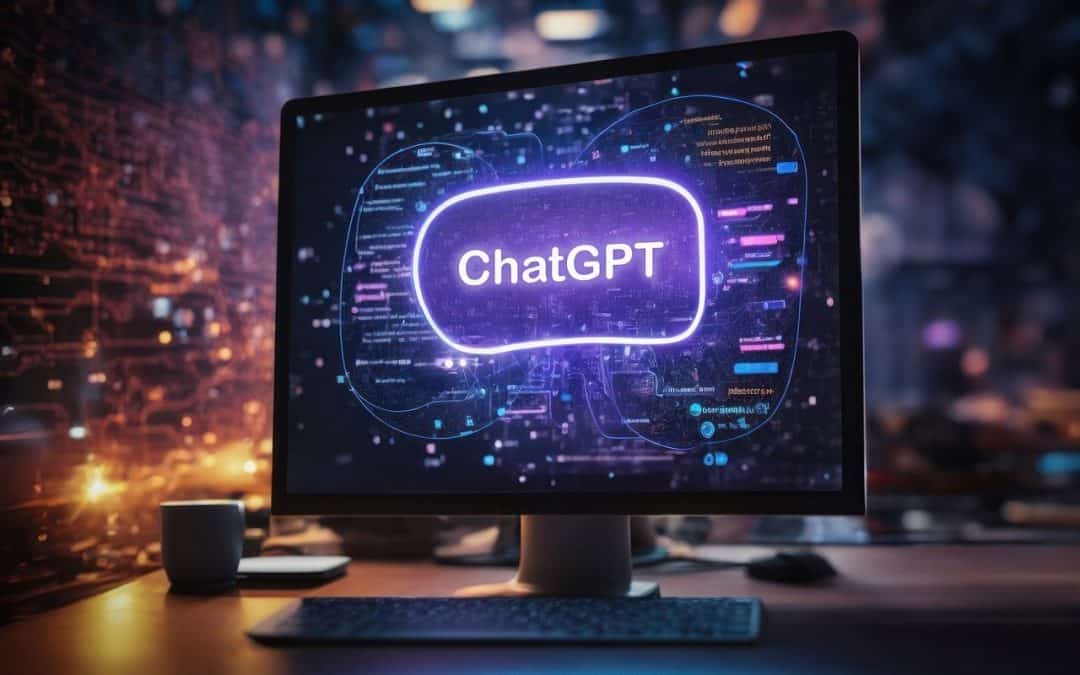There’s been plenty of cross-industry discussion about what to do (and what not to do) with generative AI tools, such as ChatGPT. This technology can be incredible for generating content, delivering quick answers to questions that a search engine may not return as efficiently, and providing “smarter” responses to more abstract or complex inquiries. Based on our own experience, we’ve compiled a list of dos and don’ts to help marketing and PR pros understand different use cases, and how healthcare agencies might employ these tools.
DO USE AI TO…
Start from scratch.
Some days, creativity is surging. But other times, nothing feels more daunting than a blank slate. Generative AI tools can make your ideation process a bit less challenging.
Healthcare agencies brainstorming their clients’ next trend-driven media pitch, for instance, could compile a list of the most pressing workplace mental health issues in seconds. And as any seasoned writer knows, a strong outline can make or break your article, white paper or blog. With all your ideas on paper, AI can help you organize them into a cohesive, narrative structure to streamline your organization and drafting process.
What may have otherwise taken hours or days can now easily be consolidated, allowing you to hit the ground running even faster for your next project.
Act as a research assistant.
Before we talk about how to augment your research with AI, it’s important to know that, like any technology, there are limitations. When ChatGPT first launched, its knowledge base included information only as new as 2021. Future enhancements may result in more up-to-the-minute information access, while free or “premium” versions (like GPT-4) may have different knowledge cutoffs. So, be aware of this confine before using the tool!
We live and breathe healthcare at Activate Health. It’s our responsibility to be on the cutting edge of the latest and greatest in our industry so our clients can tap into the hot-button issues, trends and topics impacting their customers. Yet even with our dedicated healthcare expertise, staying in the know across diverse sectors including payers, specialty pharmacy, health IT, health systems and more requires an immense amount of research. Because of this, healthcare agencies in a similar position may choose to employ AI to synthesize a lengthy research paper or summarize the evolution of the latest legislature that impacts state-based ACA exchanges.
Revise (short) content.
Do you ever feel like you spend more time drafting a punchy quote for a press release than on the announcement copy itself? We’ve been there. Quick snippets like this, as well as social media posts or other to-the-point excerpts such as headlines, can ironically drag out your drafting timeline.
If being succinct is evading you, ChatGPT can help get your wheels turning again. Consider asking it to re-write your marketing email subject line five different ways. You can even massage your prompts to adjust the voice, making the subject line more pithy, funny, persuasive, or whatever tone you’re trying to achieve.
Repetitive, routine content can start to blur together. But AI tools can often prove useful to recharge your creativity and spur some original ideas.
DON’T RELY ON AI TO…
Do your job.
Can ChatGPT write a press release? Yes. But we’d argue that it shouldn’t. Companies partnering with experienced healthcare agencies like Activate Health rely on marketing and PR partners to have a keen understanding of their business, customers, and brand. Where AI tools will inevitably fall short, healthcare firms can maintain a deep grasp of the voice, style and tone of their clients’ brands and translate that into meaningful content.
On a similar note, regardless of what abilities an AI tool may claim, technology can’t currently replace or automate strategy. Strong, thoughtful planning with proven implementation tactics that garner the type of results companies look for in their communications and media relations efforts simply can’t be replicated with a ChatGPT prompt.
As a complement to highly strategic healthcare marketing and PR strategies, however, technology continues to prove valuable when used in the right ways (and in moderation).
Know more than you (or your subject matter expert).
The healthcare industry is challenging. From new legislation that impacts payment models, novel technology that changes how care is delivered, and unique approaches to help underserved populations access health services, there’s a sea of information to navigate. But access to generative AI and similar augmented, automated tools will never outweigh the value of deep industry knowledge.
There is an essential, human element involved in contextualizing certain concepts. As it stands today, people deal with nuance far better than any technology can. And individuals supporting PR and marketing are familiar with the most effective ways to communicate with certain audiences. ChatGPT simply can’t duplicate the first-hand stories, insights and perspectives that you’d get from a seasoned healthcare executive, a formal study, or a patient with a unique lived experience. These are the messages that resonate.
Check your work.
This is a no-brainer in any scenario, but certainly when leveraging AI. Experts have warned time and again that when tools such as ChatGPT don’t know the answer to your question or prompt, it “hallucinates,” or makes something up. We’ll leave you with this humble caution: Being efficient is never worth risking accuracy or your team’s reputation.
At Activate Health, we’re honored to partner with clients who trust us to support their media relations and marketing strategies as it relates to this incredible technology. To date, we’ve secured speaking engagements at industry conferences like AIMed, advised marketing teams on the best use cases, and drilled down to craft consumer-friendly messaging that helps “humanize” the intersection of healthcare and AI. As technological advancements like this continue to prompt new challenges and innovation, leading healthcare agencies will need to stay on top of the latest and greatest to offer the best support.

